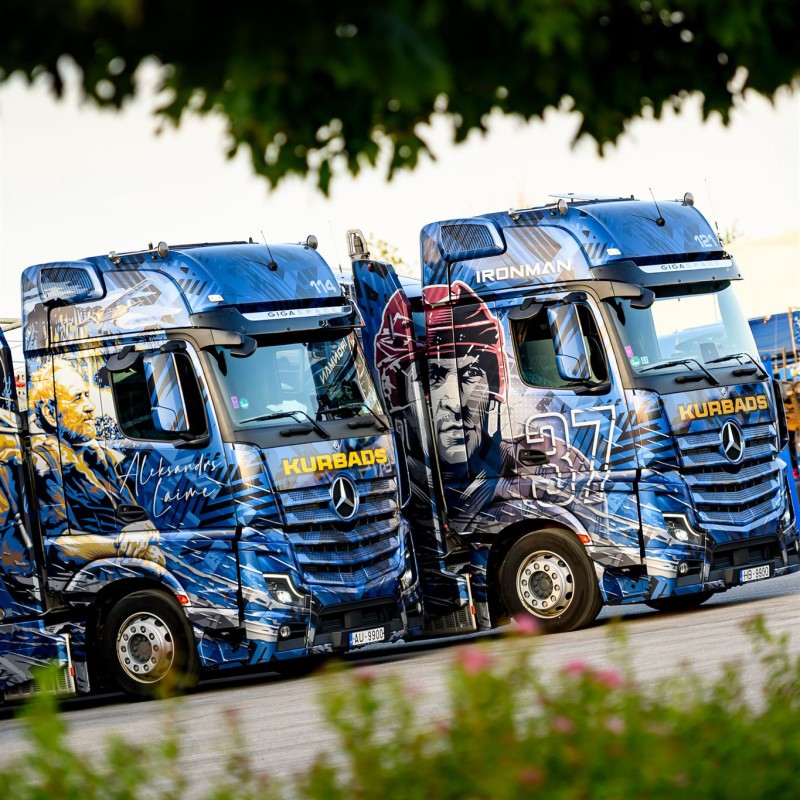The Website collects data about its visitors to allow the Website operator to assess the usefulness of the Website and how it could be improved.
The Controller continuously improves the Website to enhance its usability and therefore needs to know what information is important to visitors, how often they visit, what devices and browsers they use, the regions they come from, and which content they prefer.
The Controller uses Google Analytics to analyse how visitors use the Website. Information on how Google Analytics works can be found at https://support.google.com/analytics/answer/1012034?hl=en&ref_topic=6157800. We process collected data in our legitimate interest to better understand visitor needs and improve access to our published information. Visitors can opt out of data collection by Google Analytics as described here: https://tools.google.com/dlpage/gaoptout/.
The server hosting the Website may log requests sent by the visitor (device used, browser, IP address, date, and time of access). Such data is used for technical purposes: ensuring proper functioning and security of the Website and investigating possible security incidents. The legal basis for collecting such data is the Controller’s legitimate interest in ensuring the technical availability and integrity of the Website.
Cookies are small files stored on a visitor’s computer each time they visit the Website, as determined by the visitor’s browser settings. Some cookies are used to tailor and personalise content and advertising for the visitor, based on content they have previously viewed, thus making the Website easier and more convenient to use. More information about cookies and how to delete or manage them can be found at www.aboutcookies.org.
The Website uses cookies to collect the user’s IP address and browsing information and to remember visitor preferences. Cookies allow the Controller to track Website traffic and user interaction with the Website, which we use to analyse visitor behaviour and improve the Website. The legal basis for using cookies is the Controller’s legitimate interest in ensuring Website functionality, accessibility, and integrity.
Visitors can control and/or delete cookies at their discretion. More information is available at www.aboutcookies.org. Visitors can delete all cookies on their computer, and most browsers can be set to block cookies. Visitors can refuse cookies in their browser settings or at https://tools.google.com/dlpage/gaoptout. Blocking cookies may require visitors to manually adjust settings each time they visit the Website, and some services or functions may not work.
Statistical data about Website visitors is accessible only to those Controller’s employees responsible for analysing such data.
Unless otherwise stated, cookies are stored until the action for which they were collected is completed, and then they are deleted.
If the Website offers a forum or comment section, the visitor’s IP address and data provided by the visitor are stored. Cookies containing such data may be stored for one year for convenience (so the visitor does not have to re-enter it each time).
Provider | Cookie name | Purpose | Storage period |
Google Analytics | _ga | Used to identify unique website visitors by assigning a randomly generated identifier (“Google Universal Analytics” cookie) | 2 years from creation |
Google Analytics | _gid | Used to identify unique website visitors (“Google Universal Analytics” cookie) | 24 hours from creation |
Google Analytics | _gat_UA-39952253-1 | Used to reduce the amount of data recorded by Google when there is a high volume of users on the website (“Google Universal Analytics” cookie) | 1 minute from creation |





